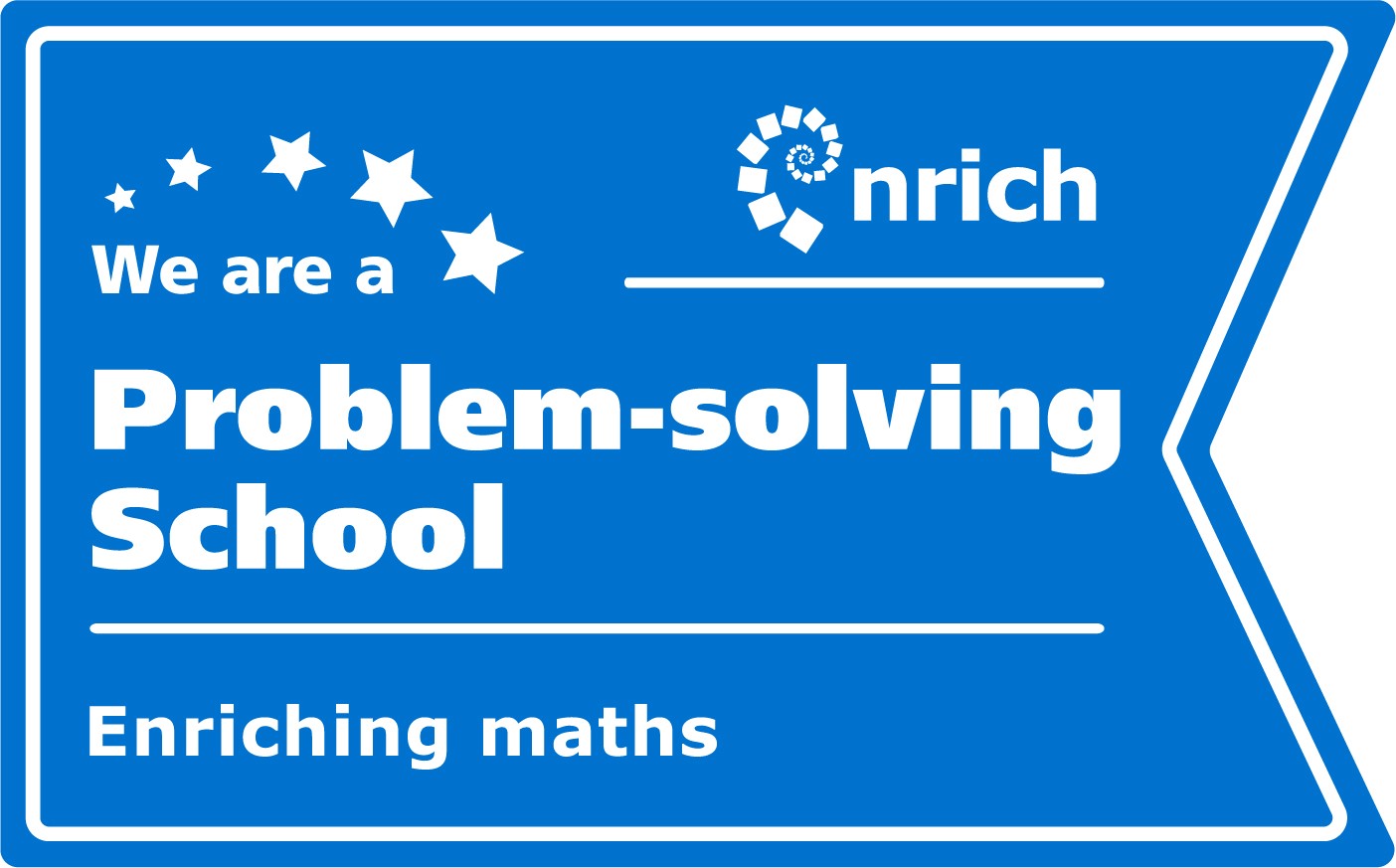British Values
The Department for Education defines British Values as having five different elements:
- Democracy
- The rule of law
- Individual liberty
- Mutual respect
- Tolerance of those of different faiths and beliefs
Our school reflects these British values in all that we do. We aim to nurture our children on their journey through life so they can grow into safe, caring, democratic, responsible and tolerant adults who will make a positive difference to British society and are prepared for life in Modern Britain.
We encourage our children to be creative, unique, open-minded, and independent individuals, respectful of themselves and of others in our school, our local community and the wider world. Our pupils are encouraged to regard people of all faiths, races and cultures with respect and tolerance. This is done through weekly assemblies linked with British Values, our PSHE Life Skills curriculum, as well as being interwoven within the wider curriculum and taught in explicit termly British Values lessons which look at each British Value and pupils revisit and build on previous knowledge annually.
Being part of Britain
At Lodge Primary, we welcome and promote diversity. Alongside this, we value and celebrate being part of Britain. In general terms, this means that we celebrate traditions and customs throughout the year such as Harvest festival during the Autumn term, the Nativity at Christmas and Easter in Spring. Also, children learn about being part of Britain from different specific perspectives. Two specific examples of when we teach about being part of Britain are: Geographically and Historically. Some of our curriculum topics include the context of the United Kingdom as well as national and international comparisons such as: World War II, The Tudors, Local Area studies, The Great Fire of London, Rainforests and Ancient Greece.
Democracy
Our Student Council meet regularly to discuss key agenda items that are linked to school priorities around resources, school development and ideas towards helping the community. Furthermore, School Council members are involved in many decisions made within school including appointing new staff, new school build design and their thoughts regarding school events and policies.
The council members for each year group are voted for annually in their class (reflecting our British Electoral System), whereby each class can nominate representatives. Firstly, pupils must fill in an application form to become a School Council member, then four final candidates are chosen based on their qualities set out in their application. The final candidates make speeches and posters aimed at their classmates and the rest of the pupils vote in secret for a representative to be elected.
Throughout the school, pupils are listened to by adults and are taught to listen carefully and with concern to each other, respecting the right of every individual to have their opinions and voices heard. We encourage pupils to take ownership of not only their school but also of their own learning and progress.
Parents' opinions are welcomed through an open door policy, questionnaires, coffee mornings and meetings such as parent's evening. These opportunities give parents a chance to share their views and opinions.
The Rule of Law
The importance of laws and rules are consistently reinforced in the classroom, as well as through school assemblies. Pupils are taught to understand the need for laws – that they are there for individual protection, the responsibilities that this involves and the consequences when laws are broken. At the start of the school year, we focus on school rules and behaviour expectations and all of the children (and parents/carers) are expected to sign a Home/School Agreement to remind them about what is expected from them, including how they should behave in school.
Within classes, pupils generate their own set of class rules so that there is a common understanding of what is important in order for the class to be an orderly place to work. Pupils follow a positive behaviour policy and clearly understand the rewards and logical consequences that are used.
The rules are regularly addressed in school assemblies and throughout our PSHE Life Skills curriculum are taught the value and reasons behind laws and how they protect us, the responsibilities that this involves and the consequences when laws are broken. Regular visits from authorities such as the Police, Local PCSOs and Fire Service help reinforce this messages regarding issues such as knife crime and county lines. Additionally, lessons such as Bikeability and First Aid training to help our pupils to stay safe within rules/laws.
The Behaviour and Anti-Bullying policies set out a zero tolerance baseline for any form of aggression, abuse or violence, which extends to pupils, staff, and parents, and carers.
Additionally, our E-Safety/Computing curriculum sets out clear rules and expectations between unacceptable online behaviour and law breaking. Children have E-Safety discussions during their Computing lessons and E-Safety week occurs every year where children complete work on staying safe online.
Individual Liberty
Developing pupils’ self-esteem and self-confidence is vital in creating well-rounded students. Pupils are encouraged to understand their personal freedoms and are taught how to use these rights to best effect.
Within school, pupils are actively encouraged to make the right choices, knowing that they are in a safe and supportive environment. As a school we educate and provide boundaries for young pupils to make choices safely, through provision of a safe environment and empowering education. Our PSHE Life Skills lessons help pupils to have conversations about individual liberties and how to exercise these safely. Pupils are encouraged to know, understand and exercise their rights and personal freedoms and are advised how to exercise these safely through our E-Safety and PSHE Life Skills curriculum.
Whether it be through choice of learning challenges, of how they record their work, of participation in extra-curricular clubs, how to spend their golden time, movie night choices and seasonal fun activities - pupils are given the freedom to make choices. Our PSHE Life Skills curriculum covers all aspects on individual liberty such as making and sustaining friendships, dealing effectively with conflict, managing feelings of anger, frustration, anxiety, optimism, resilience, cooperation, respect and tolerance.
Key roles in school such as Reading/Maths Buddies, School Council members, Healthy Leaders, Wellbeing Ambassadors are examples where children’s liberties being demonstrated and these roles help pupils to develop and demonstrate their character across the school.
Mutual Respect
Part of our school ethos and behaviour policy revolves around core values such as respect and kindness. Pupils are a part of discussions and assemblies related to what this means and how it is shown. These ideas are reiterated through school and classroom rules.
Our PSHE Life Skills curriculum embodies values of Mutual Respect through units of learning such as Relationships and Living in the Wider World. These are also taught within RE lessons and on an informal nature throughout the school day.
All staff demonstrate respect to everyone with whom they come into contact. They consistently model and promote the behaviours and attitudes that are the foundation of positive relationships. The strong school ethos encourages everyone to consider and support each other and to celebrate the worth and individuality of every member of the school community.
Tolerance of those of Different Faiths and Beliefs
At Lodge Primary, we place a great emphasis on promoting diversity with the pupils and staff and the need to show tolerance and respect for others. Understanding that differences and being different is something to be celebrated. Pupils understand that everyone is welcome in our school. -Assemblies promote key values of tolerance and respect for all and tackle key issues such racism and prejudice. They regularly planned to address tolerance and mutual respect either directly or through the inclusion of stories and celebrations from a variety of faiths and cultures. Our PSHE Life Skills and RE lessons reinforce inclusion within our school. Members of different faiths or religions are encouraged to share their knowledge to enhance learning within the school. We use the Sandwell SACRE (Standing Advisory Council on Religious Education) syllabus of work. All children are taught about other religions and faiths and are encouraged to be tolerant towards faiths that that may not be their own. We help prepare children to be the best versions of themselves they can be, and show respect to one another whatever differences we have.
Children learn about places of worship that are important to different faiths. In addition, across our curriculum in areas such as art, music and English we consider cultures and appreciation of other cultures. We host a variety of cultural celebrations for the range of faiths we have in our school. We celebrate traditions and customs in the course of the year such as Harvest Festival, a Nativity play at Christmas and religious festivals such as Diwali, Vaisakhi and Easter. Also, we value and celebrate national focuses such as Macmillan Coffee morning, Children in Need, Anti-Bullying week and Mental Health Week.

